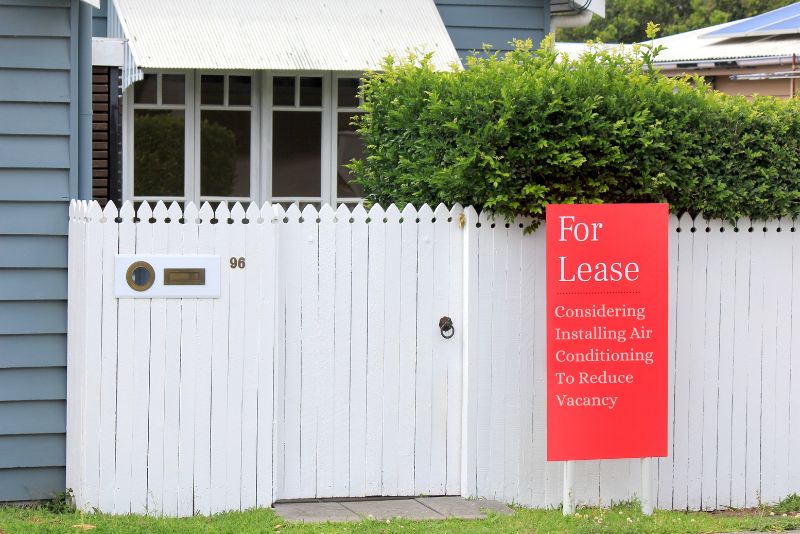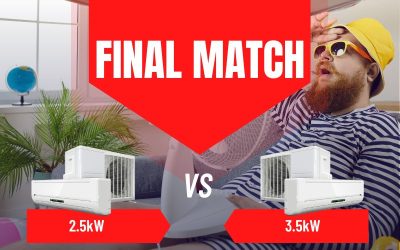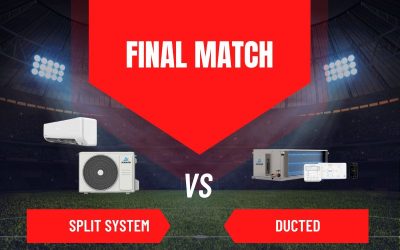When it comes to selecting the best air conditioning system for a rental property, the decision is influenced by whether you are a landlord or a tenant. Both parties have different requirements and preferences, which can often lead to conflicting opinions. This article explores the perspectives of both landlords and tenants and provides guidance on choosing the right air conditioning system for rental properties.
Air Conditioning The Landlord’s Perspective
Financial Considerations For landlords, the primary concern is often financial. Typically, tenants are responsible for the electricity bills, which removes the financial incentive for landlords to invest in more efficient air conditioning systems. However, landlords who are environmentally conscious or who prioritize tenant comfort may consider more efficient systems despite the higher upfront costs. Efficient systems can increase the property’s resale value and potentially attract higher-quality tenants willing to pay a premium for added comfort.
Investment Potential Installing air conditioning can be a sound investment for rental properties, especially in hot climates like Queensland. A reverse cycle split system air conditioner costs between $1500 and $5000 to install and according to Reval can yield an additional $20 to $50 per week in rental income. This investment can be recouped in approximately three years. Moreover, installation and maintenance costs may be tax-deductible, enhancing the financial benefits for landlords.*
Types of Air Conditioning Systems
- Ducted Air Conditioning: Ideal for landlords focused on tenant comfort and property value. Ducted systems offer superior control and efficiency, making them a worthwhile investment despite higher installation costs.
- Split System Air Conditioning: A cost-effective alternative to ducted systems, suitable for controlling the temperature in specific rooms or living areas. While less efficient than ducted systems, split systems are a practical choice for many landlords.
- Wall & Window Units: These units have the lowest upfront costs but are less efficient and noisier. They are suitable for cooling single rooms and require minimal modifications, making them a popular choice for budget-conscious landlords.
Air Conditioning The Tenant’s Perspective
Comfort and Portability Tenants typically seek comfort and affordability. If installing an air conditioning unit doesn’t meet your landlords investment strategy, portable air conditioners and window units are an appealing option for tenants due to their low upfront costs and ease of relocation, making them ideal for tenants who move frequently. However, these units are less efficient and may lead to higher electricity bills.
Installation Requests Tenants can request air conditioning installation from their landlords. The approval of such requests depends on various factors, including market conditions and the landlord’s investment strategy. Tenants should be aware that such requests might result in an increase in rent.
Balancing Interests
Meeting in the Middle The best approach is open communication between landlords and tenants to reach a mutually beneficial solution. Landlords should consider the long-term benefits of investing in air conditioning, such as attracting quality tenants and maintaining low vacancy rates. Tenants, on the other hand, should be prepared for potential rent increases following the installation of air conditioning.
Future Legislation Landlords should also keep an eye on potential future legislation. In states like NSW and VIC, adequate heating and cooling standards are already in place, and similar reforms are expected in Queensland. Proactively installing air conditioning now can avoid future price hikes and installation delays.
Choosing the right air conditioning system for a rental property involves considering the needs and perspectives of both landlords and tenants. By evaluating the financial implications, comfort levels, and future legislative changes, both parties can find a solution that ensures comfort and satisfaction. Landlords can enhance their property’s appeal and value, while tenants can enjoy a more comfortable living environment.
Contact the team at Advanced Climate Solutions today to get a quick quote and expert advice for all your air conditioning needs.
*Any information regarding tax implications are general in nature and should be discussed with your accountant.




